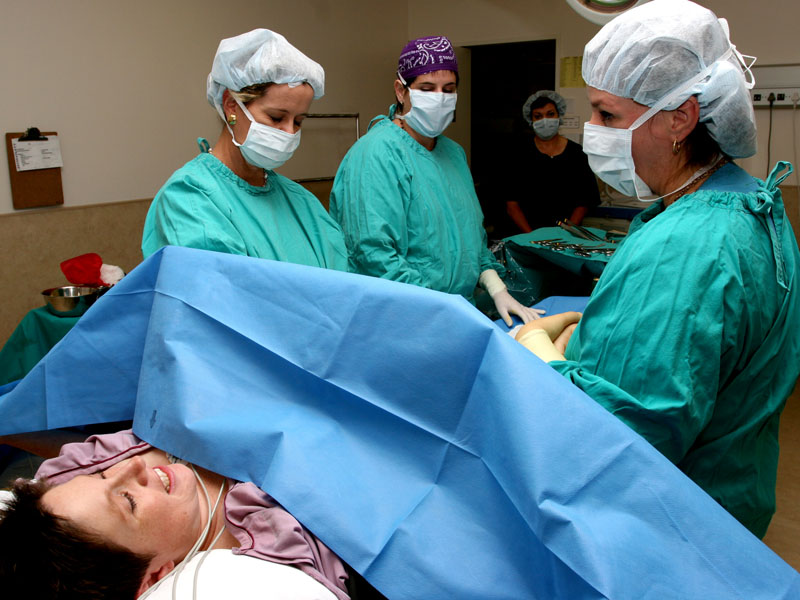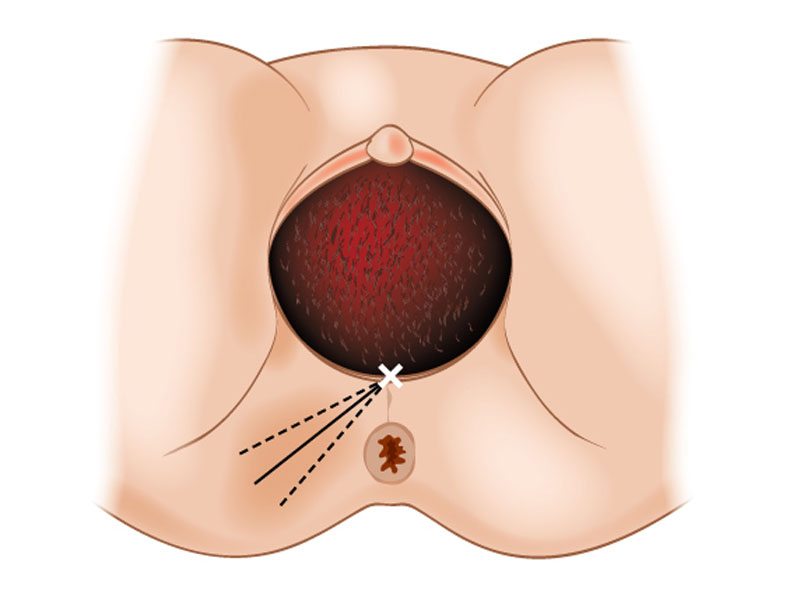Just Say No To These 10 Delivery Room Practices
Practices you might decline
Por Pan-American Life
Publicado:
Publicado:
The birth of your baby is a unique moment, emotionally and physically unrepeatable. That's why you should talk to your doctor about these 10 medical practices you might want to decline during the delivery of your baby. Just saying NO to this list will help you and your baby get a healthy and happy start.

1. Choosing an Early Birth
The birth of a baby can’t be penciled into an agenda ahead of time. Waiting for your baby until at least the 39th week can have important health benefits. It will help your baby grow and develop, and could help you avoid postpartum depression.
2. Induction Without a Medical Reason
Induction of labor before you and your baby are ready makes it more likely that you'll have a C-section and can lead to other complications, such as contractions that are more painful than normal.
3. Continuous Electronic Monitoring
Unless your labor was induced, you have been administered epidural anesthesia, or you are trying a vaginal birth after a C-section, ask for your baby to be monitored at certain intervals rather than continuously. Continuous monitoring will limit your movement, may slow your labor, and can lead to a C-section or forceps delivery.
4. A C-Section for a Low-Risk Birth
A C-section is a major surgery for you and adds risks for your baby. If it's not medically necessary, the safest way to deliver is vaginally.
5. An Automatic C-Section for a Second Birth
Even if you had a C-section before, you don't automatically need to have one again. Most women who try to have a vaginal birth after a C-section (VBAC) are successful.
6. An Early Epidural
Epidural anesthesia is injected through a catheter that sends medicine into your back to block pain. But the longer you have it, the more medicine builds up in your body. Too much can make it hard to feel enough to push and can slow labor. If you have an epidural, talk to your doctor about using a lighter dose and not starting it early in your labor.
7. Breaking Your Water
Sometimes doctors want to break your water. They do this to try to make contractions stronger and labor shorter. But it usually doesn't work and can lead to complications.
8. A Routine Episiotomy
This surgical cut creates a larger opening in your vagina. It may be needed for forceps and vacuum deliveries, or if your baby is coming down too fast. But otherwise, it doesn't help and can lead to a longer healing time.
9. Sending Your Newborn to the Nursery
Unless your newborn needs special attention, keep him or her close to you. This will help with bonding.
10. Waiting to Breastfeed
Ask for your naked baby to be placed on your bare chest right after it's born. Your baby will be warmer and more likely to breastfeed.






